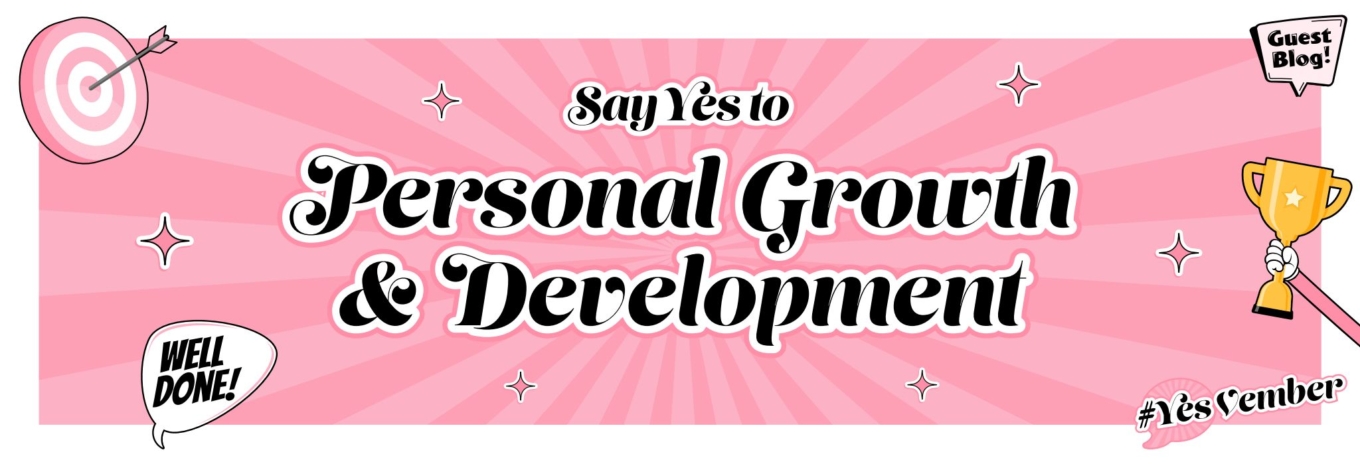My name is Caroline, and I am an overthinker.
Negative thoughts play on repeat in my head like a stuck record. They leave me holding on to worry. They keep me awake at night. And they take control of the decisions I make.
Overthinking is the thief that steals my time, creativity, and goals.
But I’m working on a better way forward that’s exciting, fresh, and encouraging.
I’ve always been aware of my overthinking. I’m a sensitive person and often that’s a real strength. But there’s the overthinking that doesn’t serve me well. I’ve been chipping away at it for as long as I can remember, and there have been times when that progress has taken a battering. The most significant being the sudden death of my husband Steve almost 3 years ago to this day. I was left overthinking everything. Will I cope as a single parent? How will I explain all this awfulness to my children? How will I take care of my home? And how on earth will I deal with my own grief?
You know what though? I’m doing alright! It’s a journey, but I’m making good progress and I’m proud of what I’m achieving. The overthinking returns from time to time. So, I’ve been reflecting on how to maintain momentum and keep the broken records at bay.
When we don’t control our thoughts, our thoughts control us
I discovered a brilliant book called Soundtracks by Jon Acuff. ‘A proven plan to change overthinking from a super problem into a superpower.’ It’s put into words some of the work I’ve been doing while explaining new techniques to tackle my overthinking.
Acuff commissioned a study to ask 10,000 people if they struggle with overthinking, and 99.5 percent said, ‘Yes!’ I am clearly not alone!
But there is hope. According to Acuff,
‘If you can worry, you can wonder. If you can doubt, you can dominate. If you can spin, you can soar.’
Ditching your doubts and strengthening your self-belief
When our minds are full of broken soundtracks, the solution is to play better ones. Once we learn how to choose our soundtracks, thoughts become our best friend.
I’d encourage any overthinker to grab a copy of this book. For now, here are three of Acuff’s recommendations for saying ‘yes’ to becoming the DJ of your own thoughts…
- Recognise and throw out damaging soundtracks
There are three questions to ask yourself to catch a harmful thinking pattern.
- Is it true?
- Is it helpful?
- Is it kind?
When asking “is it true?” you need to interrogate your thoughts. We tend to overemphasise the negative and underemphasise the positive. If you’re being deceived by a negative thought that isn’t true, get rid of it.
When determining if it’s helpful, ask yourself how it affects you. Does it keep you awake worrying? Or does it build you up and help you to be your best?
Soundtracks often come in the form of absolutes and exaggerations: things ‘must’ happen a certain way. Or you’ll ‘always’ get it wrong. Telling myself I’ll ‘never’ be able to do this on my own wasn’t true, helpful or kind. When questioning if your thought is kind, pay attention to the unkind things you think about yourself and flip the thought. Tell yourself it will happen and allow yourself to take the first steps in the right direction.
- Borrow soundtracks from people who inspire you
Throughout my journey, I’ve been supported by amazing people, holding me up along the way and reminding me that I am capable, and I can do this. Other people can be a great source of new soundtracks. Whether that’s friends, family, work colleagues or even celebrities, songwriters or authors who motivate you. Gather inspiration from them. Anything that makes you feel good, that’s helpful, kind, and true, and is a worthy addition to your new playlist.
- Use symbols to make your new soundtrack stick
Through grief recovery networks I joined following Steve’s death, I was struck by how many people were discovering life-affirming mantras and having them tattooed on their bodies. A bold and permanent reminder of a definitive new soundtrack.
It doesn’t have to be something as painful as a tattoo but find an item to represent a serious decision or a new lifelong commitment to make positive thinking patterns stick. I chose something that reminded me of a shift in perspective. Steve was not a spiritual person, but he believed he was visited by his late mum in the form of a blackbird. We have one that hops around our garden every day. I think of Steve when I see him, and a good friend of mine bought me a little glass blackbird that now acts as my symbol of hope and recovery.
Pick something simple, personal and visible. Each time you look at your symbol you’ll remember the fresh and inspiring soundtracks you’re beginning to hear.
In conclusion
Identify your old broken records and replace them with new more optimistic and memorable thought patterns grounded in real evidence gathered from the world around you. When it comes to your negative soundtracks, respond, don’t react to them. Take action calmly, decisively and optimistically.
By Caroline Roodhouse for Alive!
















